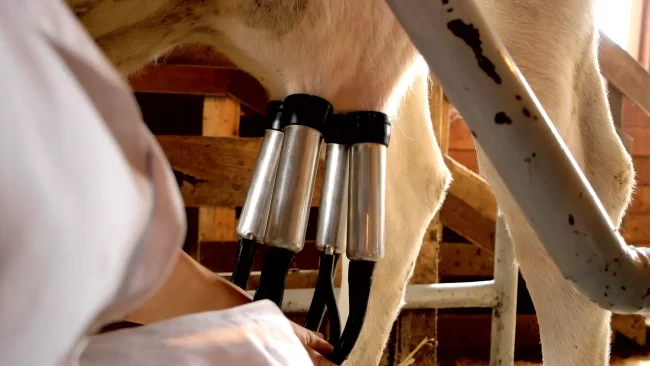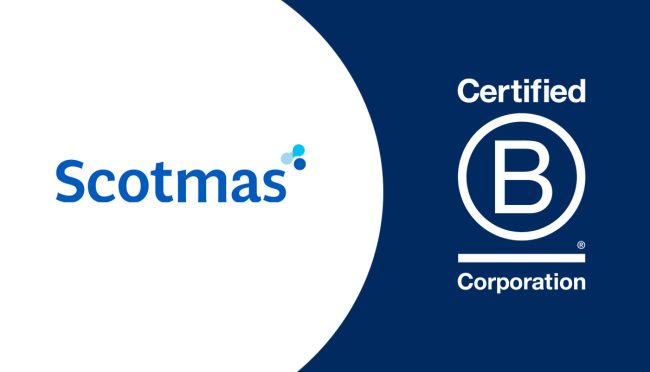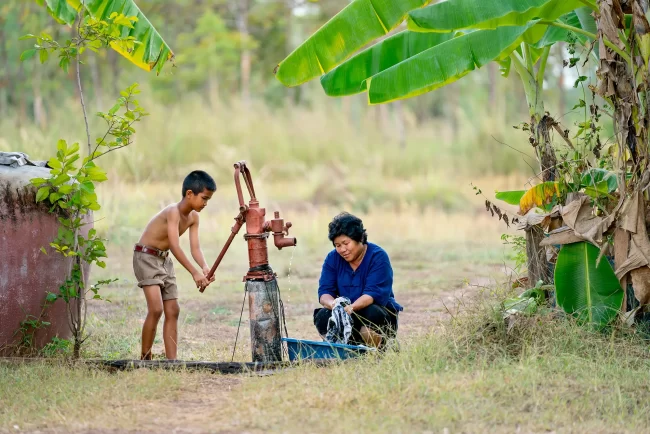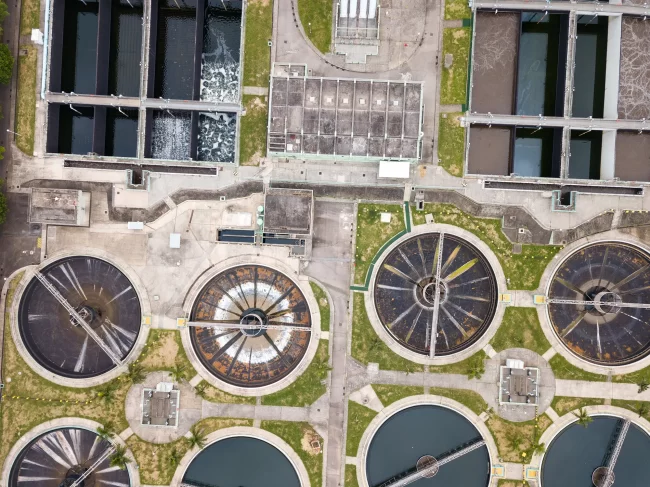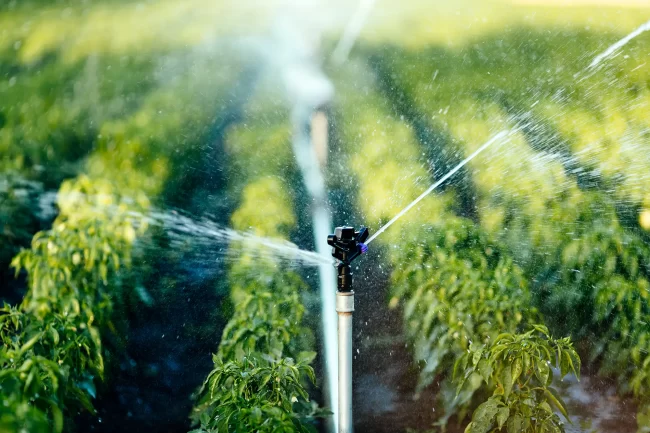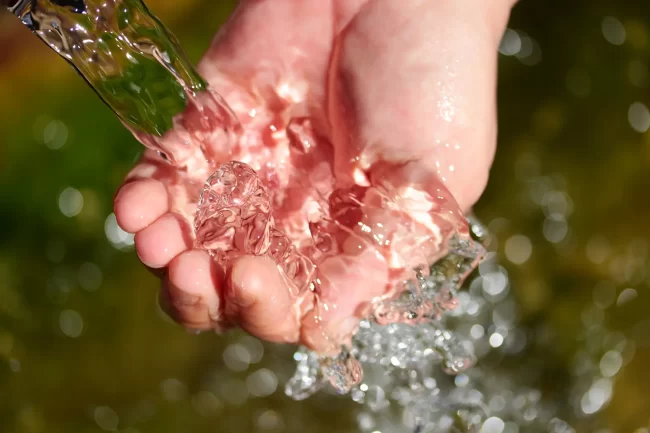Ensuring Clean Water and Equipment in Dairy Farms
Clean water and hygienic equipment are essential for maintaining the health and productivity of dairy herds. Waterborne pathogens, biofilm build-up, and poorly sanitised milking equipment can have a significant impact on milk quality, animal health, and overall farm efficiency. Chlorine Dioxide (ClO₂) offers a proven, effective solution for disinfecting drinking water and milking equipment, helping…
